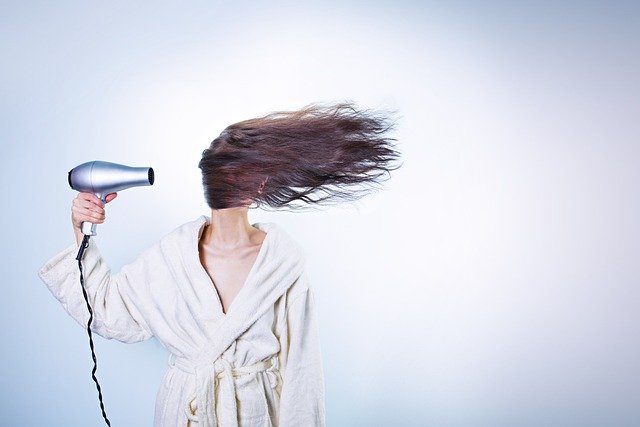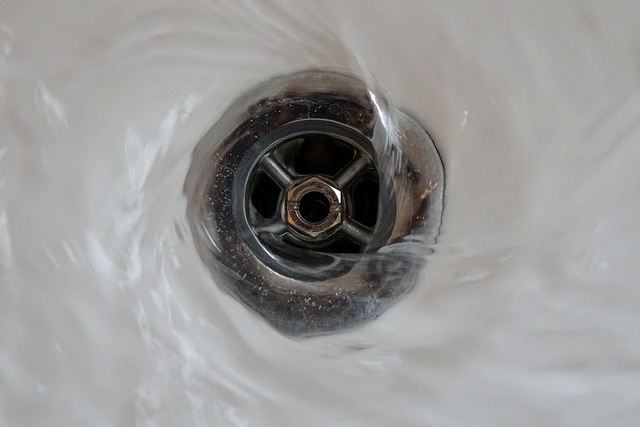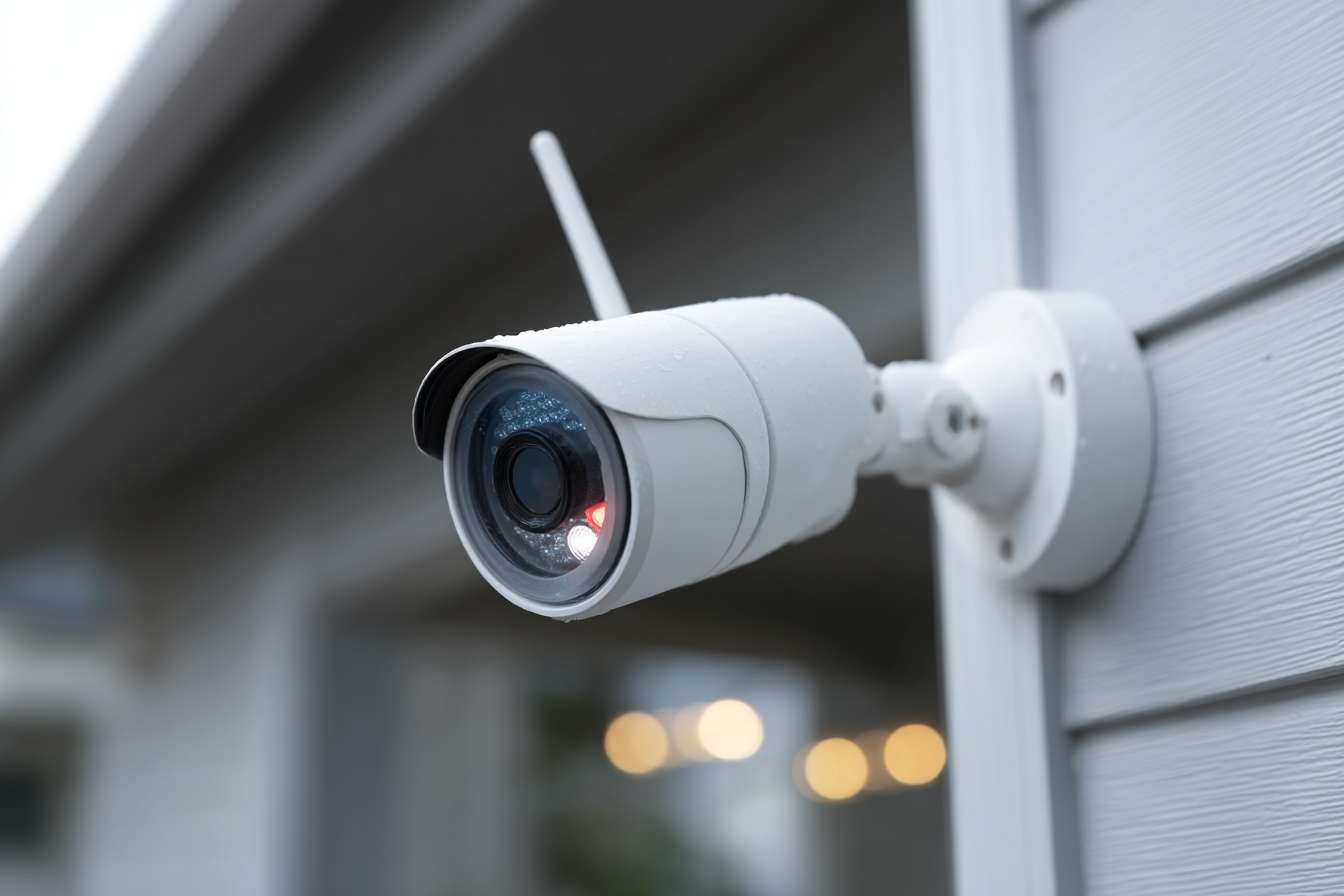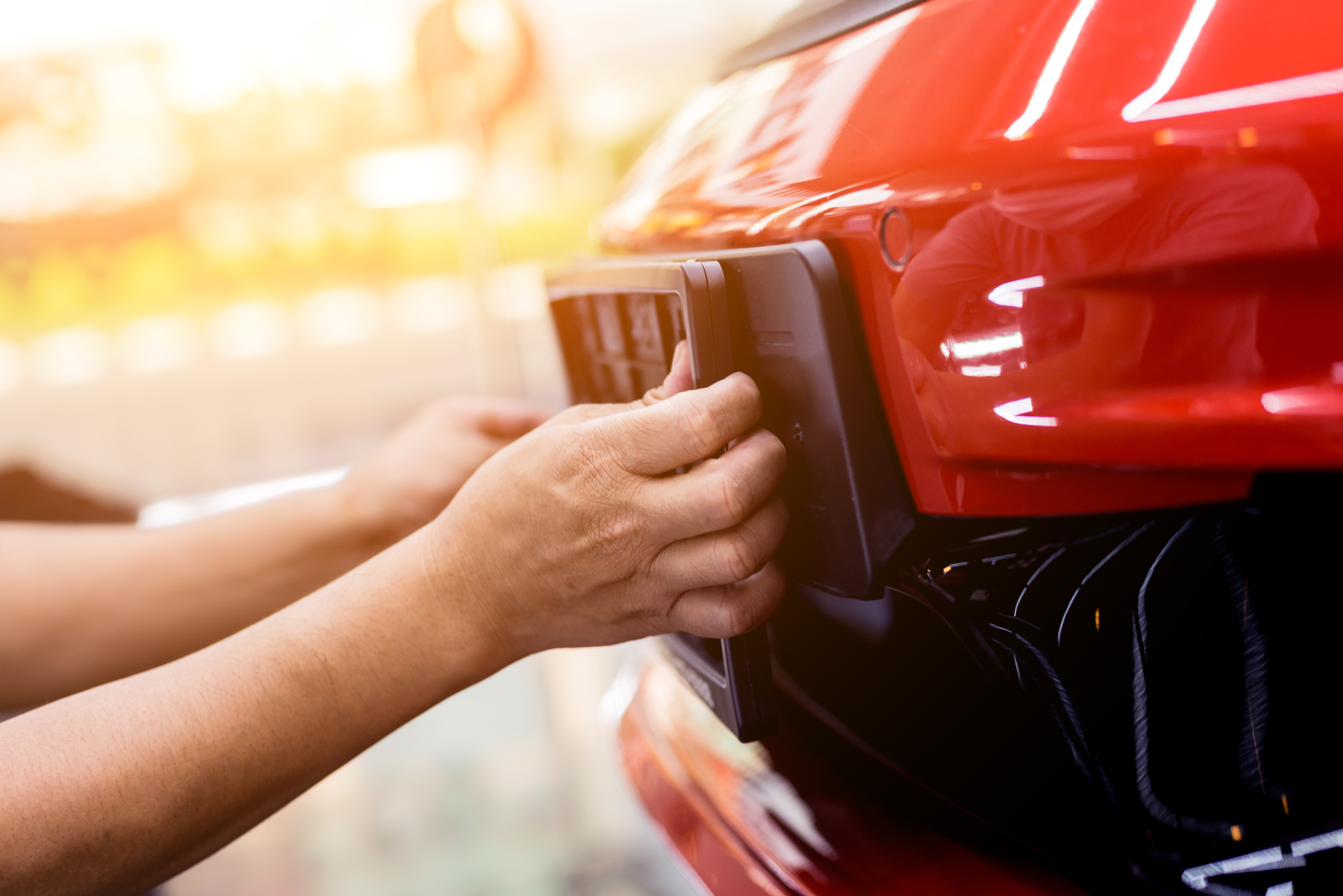The Power and Influence of Makeup in Society
Makeup has been a part of human culture for thousands of years. Ancient Egyptians, for example, are famous for their eye makeup which they believed could protect them from evil spirits. In the Roman Empire, cosmetics were used to enhance beauty and denote social status. Fast forward to today, makeup has evolved into a multi-billion dollar industry and it is not just about enhancing beauty anymore. It has become an essential form of self-expression, an art form in its own right, and a significant part of pop culture. Makeup has a profound influence on our society and how we perceive beauty.

Historical Context: The Role of Makeup in Ancient Civilizations
The history of makeup dates back to ancient civilizations. In ancient Egypt, both men and women applied kohl around their eyes. They believed that this would protect them from the evil eye. They also used pigments from plants and insects to create lip and cheek stains. In Rome, makeup was used as a status symbol. The wealthy would often have their slaves apply their makeup for them. The Greeks also used makeup, but it was frowned upon for women to wear it in public. Instead, they used it for private gatherings and special occasions.
In the middle ages, the Church considered the use of cosmetics as sinful and vain. However, during the Renaissance, the use of makeup returned to favor. Queen Elizabeth I was famous for her lead-based white makeup. In the 19th century, the Victorian era saw makeup being associated with prostitution and therefore, was considered vulgar for respectable women to wear it. It was not until the 20th century that makeup became mainstream and socially acceptable thanks to the influence of Hollywood and the fashion industry.
The Makeup Industry Today: A Powerful Economic Force
Today, the makeup industry is a powerful economic force. It is estimated to be worth over $500 billion globally. It is a sector that is continually evolving, with new products, techniques, and trends emerging all the time. The industry is also very diverse, with products designed for people of all ages, genders, and skin types.
One of the significant trends in the industry is the rise of ‘clean beauty’, or products that are free from harmful chemicals and toxins. There is also a growing demand for cruelty-free and vegan makeup. Many consumers are now more conscious about the products they purchase and their impact on the environment and animals.
Makeup and Self-Expression: A Form of Art and Identity
Beyond its economic impact, makeup has become a crucial tool for self-expression and identity. It is used by people to express their individuality, creativity, and personal style. It can be a form of art, with makeup artists using the face as their canvas. The rise of social media has also given a platform for makeup enthusiasts and artists to showcase their talent and creativity.
Moreover, makeup has become an important part of the LGBTQ+ community. It is used as a means to express gender identity and challenge traditional notions of beauty. Many beauty brands are now more inclusive, offering products for different skin tones and genders.
The Impact of Makeup on Beauty Standards
Makeup has a significant influence on our society’s beauty standards. It can enhance features, conceal imperfections, and create illusions. However, it is important to note that while makeup can be empowering, it can also contribute to unrealistic beauty standards and the pressure to look ‘perfect.’
In recent years, there has been a shift towards a more natural and authentic representation of beauty. Many people are now embracing their natural features and imperfections, and this is increasingly being reflected in the beauty industry. For instance, some brands are now choosing not to retouch their advertising images and are promoting the idea that beauty comes in all shapes, sizes, and colors.
The Future of Makeup: Innovations and Trends
The future of makeup looks promising, with new innovations and trends continually emerging. Technology is playing a significant role in this. For instance, virtual reality and augmented reality are being used to create virtual makeup try-on experiences. There is also a trend towards personalized beauty products, with brands offering customized makeup based on individual skin type, tone, and preferences.
As we move forward, it is clear that makeup will continue to be a powerful and influential force in our society. It is more than just a tool to enhance beauty. It is a form of art and self-expression, a powerful economic industry, and a significant influencer of societal norms and beauty standards.
In conclusion, makeup is a fascinating and complex aspect of our culture. Its history, its role in society, and its future trends all reveal the profound ways in which it shapes and is shaped by cultural, economic, and social forces. As we continue to use and enjoy makeup, it’s worth remembering the depth and breadth of its impact on our world.




